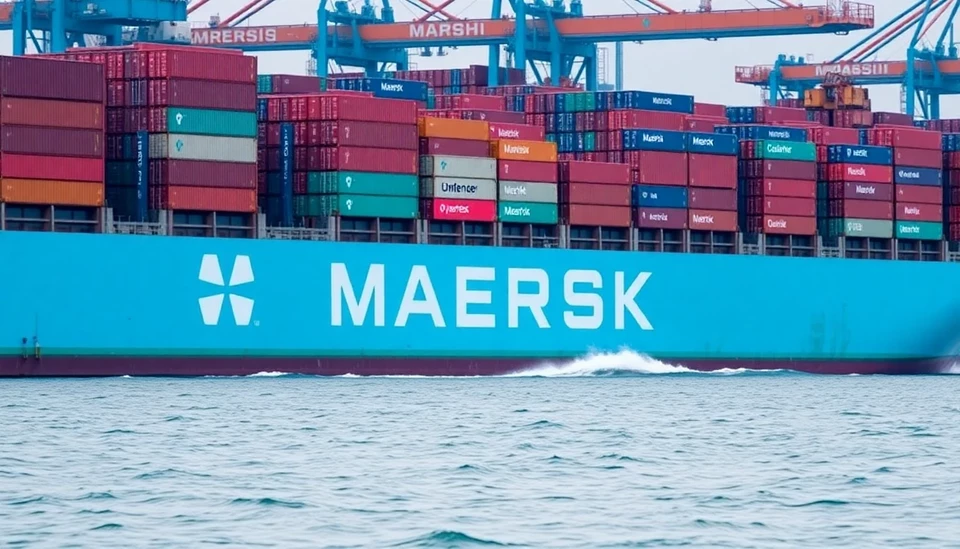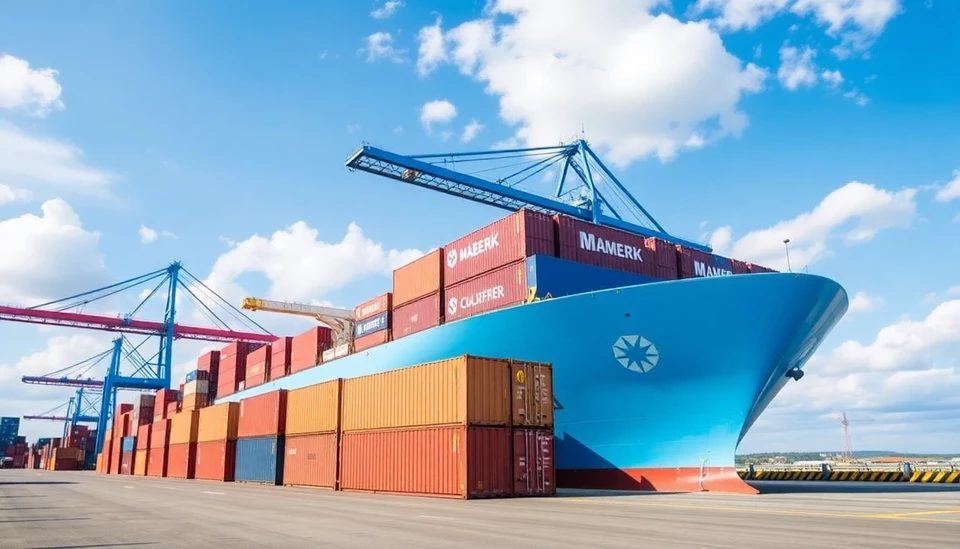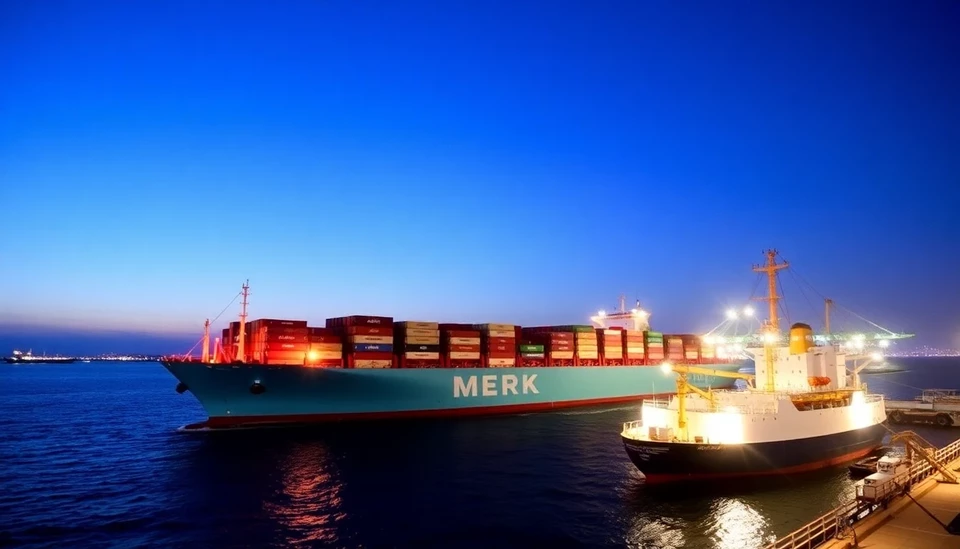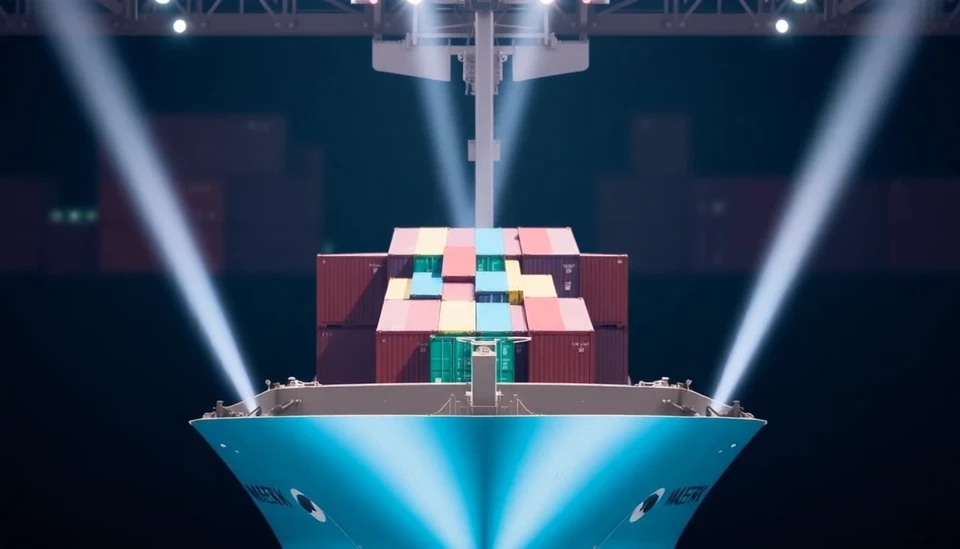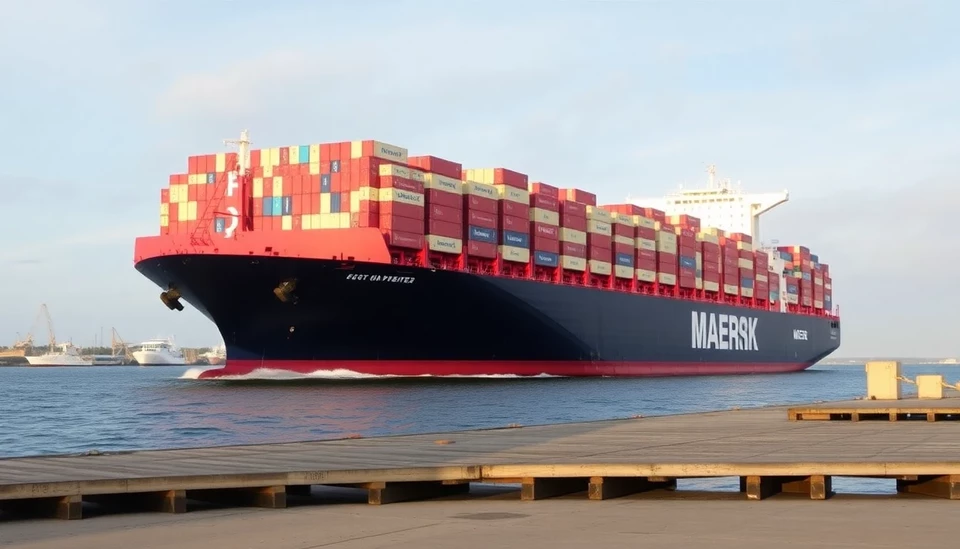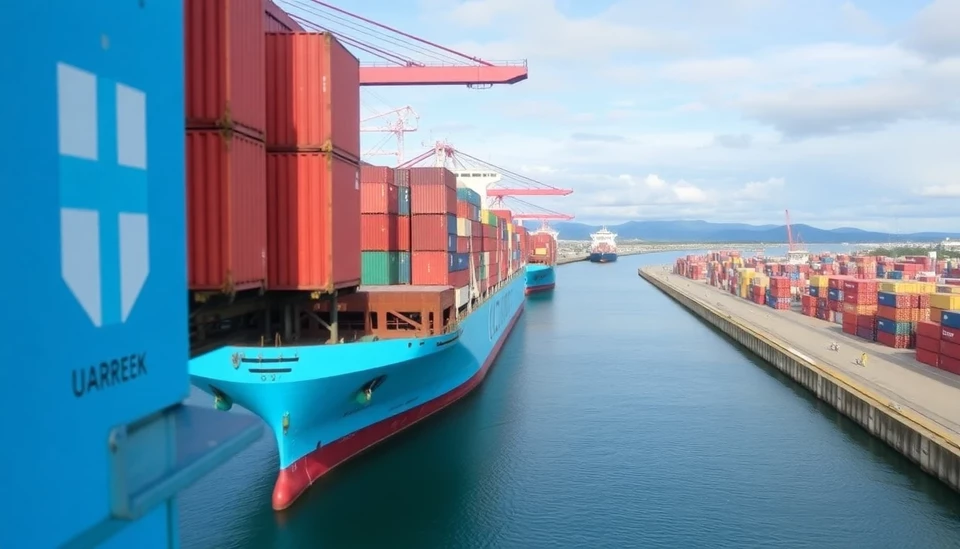
In a bold move that underscores its expanding influence in global shipping infrastructure, Danish shipping giant Maersk has secured a deal to purchase the Panama Canal Railway. This acquisition comes at a time when political tensions are simmering, particularly with recent threats from former President Donald Trump regarding maritime trade practices.
The Panama Canal Railway is a critical transport line that connects the Atlantic and Pacific Oceans by transporting cargo across the Isthmus of Panama. This railway is not only essential for the logistics of goods moving via the canal but also plays a crucial role in the broader network of international trade. Maersk's acquisition is expected to enhance its operational efficiency and bolster its already substantial presence in the Latin American maritime markets.
The strategic timing of this acquisition raises eyebrows, especially given Trump's controversial statements attacking multinational corporations and their roles in American trade. Despite potential ramifications stemming from these statements, Maersk officials appear unfazed, viewing the railway as a vital asset that will optimize their supply chain management and improve shipping times.
Industry analysts have noted that this move could signify a shift in how global shipping companies are approaching infrastructure investments. By owning the railway, Maersk can exert greater control over logistical operations, reduce reliance on third-party providers, and insulate itself from politically-driven trade disruptions.
As Maersk positions itself to capitalize on new trade routes and growing demand for shipping services, the implications of this acquisition extend beyond mere operational improvements. It illustrates the escalating competitiveness in the shipping industry, drawing the attention of both corporate leaders and policymakers alike. The ongoing geopolitical landscape will ultimately dictate the success of such transactions, but for now, Maersk is betting on the Panama Canal Railway to serve as a cornerstone of its future operations.
With this acquisition, Maersk may also pave the way for further expansions in Latin America and beyond, solidifying its status as a leader in global shipping logistics. Investors and stakeholders are keenly watching how this bold maneuver will unfold in the coming months.
As the dust settles around this monumental deal, it remains to be seen how Trump's administration will respond and whether his previous threats will materialize into tangible policy changes affecting this sector. Nonetheless, Maersk's move undeniably represents a calculated risk that could potentially reshape the logistics landscape in the Americas.
For the public, the implications of Maersk's acquisition are manifold, influencing everything from shipping rates to the availability of goods in markets around the world. The economic ripple effects may be significant, particularly as the company seeks to integrate the railway into its existing operations.
This acquisition, filled with potential risks and rewards, highlights the dynamic interplay between politics, commerce, and infrastructure development in the modern age of global trade.
#Maersk #PanamaCanal #ShippingIndustry #Acquisition #GlobalTrade #Logistics #Infrastructure #TrumpThreat
Author: Victoria Adams
